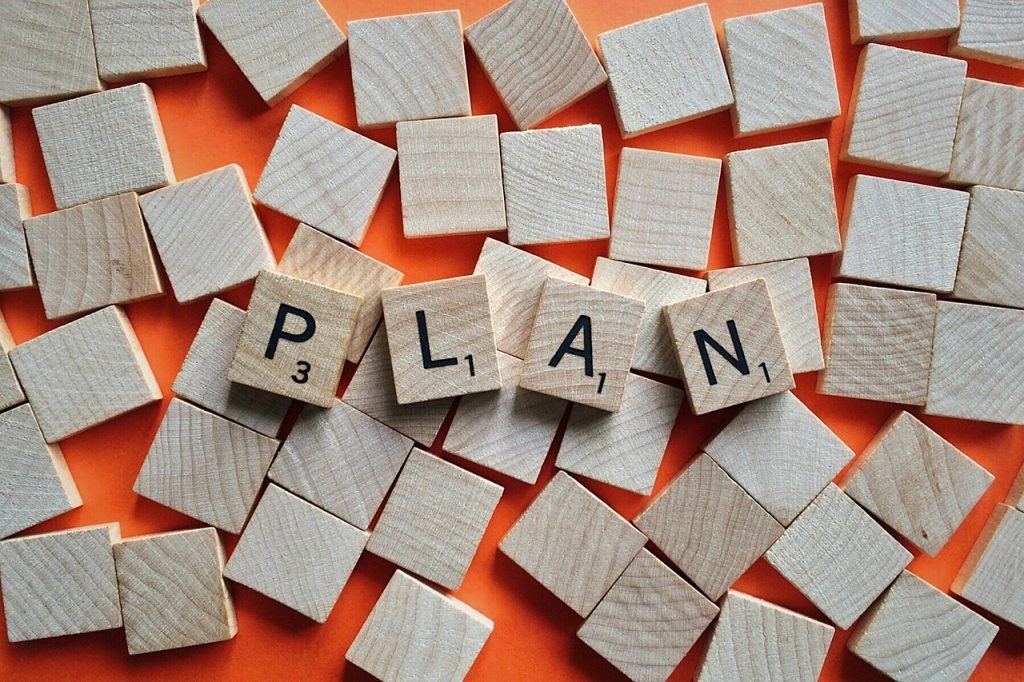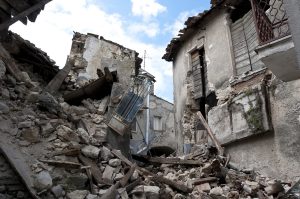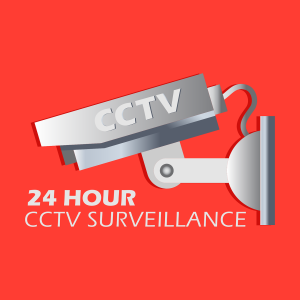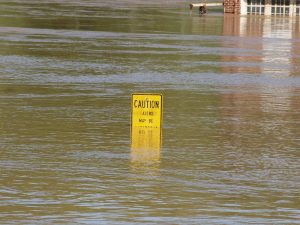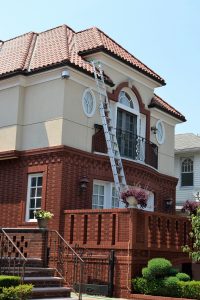National Preparedness Month (NPM) is recognized each September to promote family and community disaster planning now and throughout the year. The initiative, sponsored by the Federal Emergency Management Agency’s Ready Campaign, focuses on emergency preparedness and prevention.
This year, the campaign is focused on preparing Asian American, Native Hawaiian and Pacific Islander communities. The Ready Campaign aims to ensure that everyone has the tools they need to prepare before disaster strikes.
2024 Theme: “Start a Conversation”
Talking about bad things that could happen like a disaster or emergency isn’t always easy. We may think we’re protecting the people we love by avoiding these conversations, but they are important to start taking steps to get ready and stay safe.
Security Specialists understands that that starting a conversation today can help you and your family to take more actions to prepare. By taking these simple steps, you can build your preparedness at your own pace
National Preparedness Month Disaster Planning Tips
- Determine how you will receive emergency alerts and warnings before disaster strikes
- Set aside a time when everyone is calm and relaxed to discuss your family disaster preparation plan.
- It may help to hold the discussions over a set time period, so decisions aren’t rushed, and people feel more comfortable talking about the topic.
- Talk about steps you’ve taken to prepare and encourage others to ask questions about preparedness actions that might work for them.
- Know where you will shelter in the event of an emergency.
- Know the evacuation route you need to take in case you need to leave your home.
- Update your emergency preparedness kit ahead of any storms or disasters:
- a minimum three-day supply of food and water for each family member, including infants.
- Plan for food, water, and essentials for you and pets or service animals.
- battery powered or hand crank radio
- flashlight with extra batteries
- first aid kit
- cell phone (with chargers, inverter or solar charger)
- any prescriptions/medications/medical supplies
- weather-appropriate blankets, coats and sweaters
- cloth face coverings
- hand sanitizer
- disinfecting wipes
- whistle
- dust masks
- moist wipes
- garbage bags
- wrench or pliers
- manual can opener
- local maps
It’s also a good idea to keep a secondary disaster planning emergency kit in your car in the event an emergency occurs while you’re traveling as well as an additional kit at your workplace.

